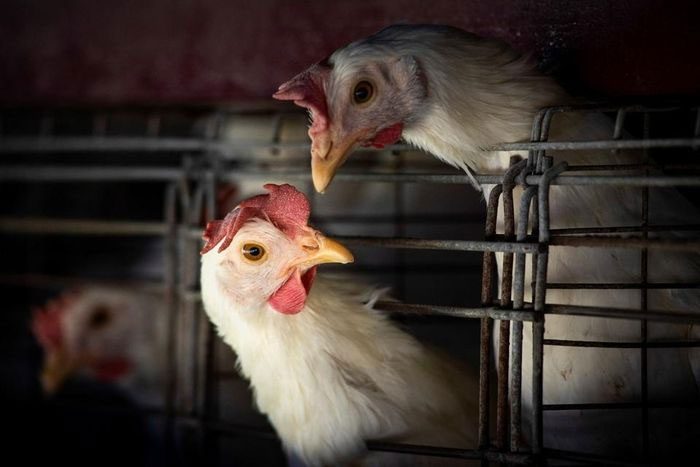The worst outbreak of avian influenza has forced Japan to cull millions of chickens, leading to a challenging dilemma regarding burial sites.
Japan is currently facing a shortage of burial space for dead chickens after more than 17 million birds have been culled nationwide since the avian flu season began in October 2022, Bloomberg reported on April 5.

More than 17 million birds have been culled in Japan due to the current avian flu outbreak. (Photo: Reuters).
The disposal of animal carcasses must be conducted properly to prevent the spread of the virus or contamination of water sources. In this context, local authorities and farmers have reported a lack of suitable land for burying dead chickens, according to NHK.
Japan’s situation highlights the need for countries to reevaluate their responses to avian flu, especially as the number of dead birds reaches record highs due to the virus increasingly appearing worldwide.
While outbreaks have primarily occurred in Europe, the U.S., and Asia, the disease has recently spread further into South America, with Argentina, Uruguay, and Bolivia reporting their first cases.
This escalates pressure on the global supply of meat and eggs at a time of rising inflation concerns. The outbreak in Japan has compelled companies including McDonald’s and 7-Eleven to temporarily halt the sale of egg-related products or raise prices.
Farmers and authorities typically devise plans for managing waste, including carcasses, manure, and personal protective equipment generated during an avian flu outbreak.
However, NHK indicated that the number of culled chickens has exceeded their predictions. Some regions with waste incineration facilities have opted to incinerate the dead chickens instead.


















































